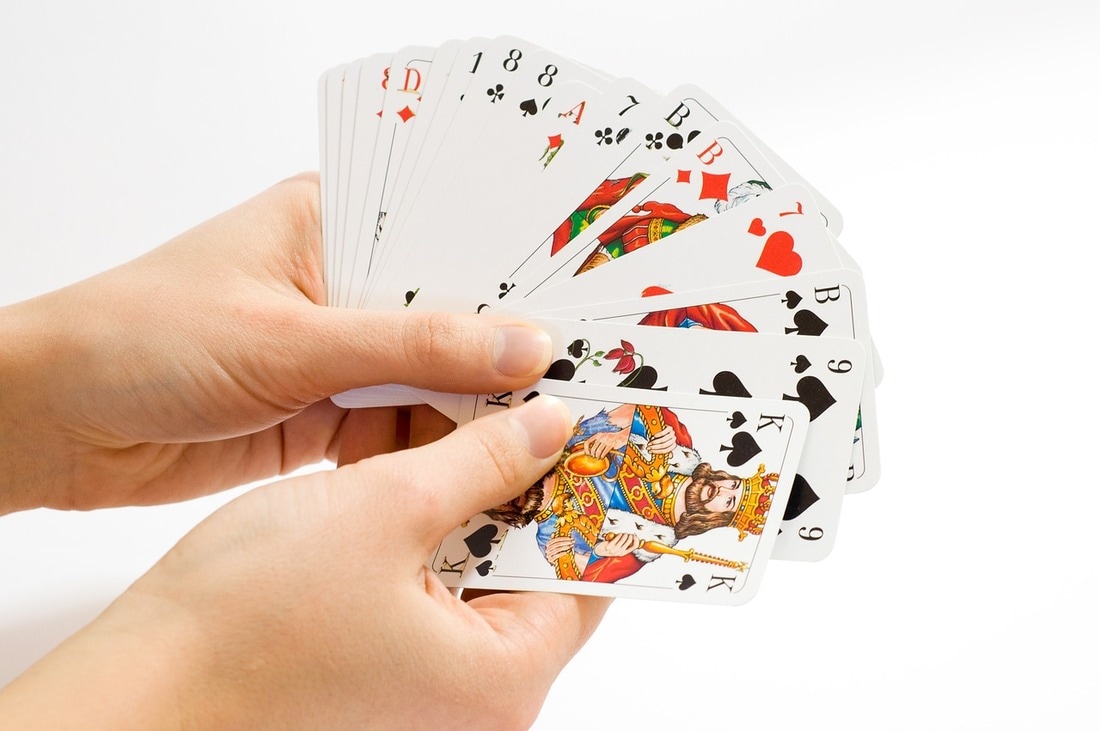---------------------------------------------------
And the Lord spake unto the philosopher, "I am the Lord thy God, and though you have no proof I am who I say I am, let me give you a reason to believe that will appeal to your fallen state: a gamble based on self-interest.
"There are two possibilities: I exist or I don't exist. If you believe in me and follow my commands and I exist, you get eternal life. If I don't exist, however, you get a mortal life, with some of the comforts of belief. Sure, you've wasted some time at church and missed out on some pleasures, but that doesn't matter when you're dead. But if I do exist, eternal bliss is yours.
"If you don't believe in me and I don't exist, you have a free and easy life, but you will still end up dead and you won't live with the reassurance of belief in the divine. If I do exist, however, it's an eternity of hot pokers and torment.
"So, gamble that I don't exist and the best is a short life, while the worst is eternal damnation. But bet that I do exist, however unlikely that is, and the worst is a short life, but the best is eternal life. You'd be mad not to."
Source: Pensées, by Blaise Pascal, 1660.
Baggini, J., The Pig That Wants to Be Eaten, 2005, p. 232.
---------------------------------------------------
At a time when the world is screaming about what to do over the divide between Christian and Muslim worldviews, atheists are looking at everyone and wondering, "Why can't we just drop this whole charade?" The gamble on gods is being lost in at least one very important way that Pascal did not foresee. Can you spot it? Tell me what you think in the comments below. I'll be back on Friday to place my bet.


